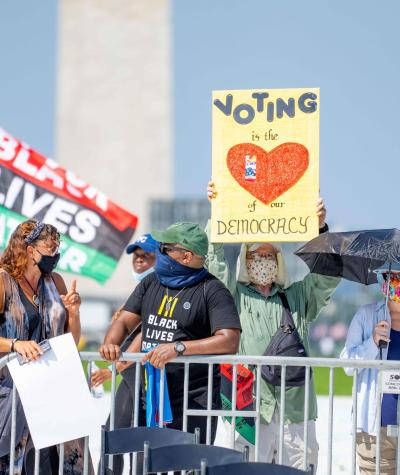The Freedom to Vote Act: Protecting and Expanding Voting Rights in the United States
Introduction
The Freedom to Vote Act (FVA) is a comprehensive piece of legislation designed to protect and expand the right to vote for all Americans. The bill addresses various aspects of the electoral process, including voter registration, voting access, election integrity, redistricting, and campaign finance.
Key Provisions
The FVA incorporates several key provisions to improve and strengthen voting rights:
- Automatic Voter Registration: Establishes automatic voter registration for all eligible U.S. citizens through state agencies such as motor vehicle departments.
- No-Excuse Absentee Voting: Expands access to absentee voting without requiring a specific excuse.
- Early Voting: Sets minimum standards for early voting periods to provide voters with more time to cast their ballots.
- Same-Day Registration: Allows voters to register and vote on the same day at designated voting locations.
- Election Day Holiday: Designates Election Day as a national holiday to increase voter participation.
Election Integrity and Security
The FVA also includes measures to enhance election integrity and security:
- Paper Ballots: Requires all voting machines to produce paper ballots to ensure the accuracy and transparency of elections.
- Post-Election Audits: Mandates post-election audits to verify the accuracy of election results.
- Cybersecurity Protections: Strengthens cybersecurity measures to protect election systems from hacking and interference.
- Partisan Poll Watchers: Prohibits partisan poll watchers from harassing or intimidating voters.
Campaign Finance Reforms
The FVA includes three major campaign finance reforms to improve transparency and counteract the influence of secret money in elections:
- Disclosure of Dark Money: Requires super-PACs and other political organizations to disclose the true sources of their funding.
- Small Donor Matching: Establishes a system to match small donations from individuals to candidates who refuse corporate or special interest contributions.
- Public Matching Funds: Provides public funds to candidates who participate in the small donor matching system.
Conclusion
The Freedom to Vote Act is a landmark piece of legislation that aims to strengthen democracy in the United States by protecting and expanding the right to vote, enhancing election integrity, and reforming campaign finance. By enacting these provisions, Congress can ensure that every American has a fair and equal chance to participate in our electoral process.


Comments